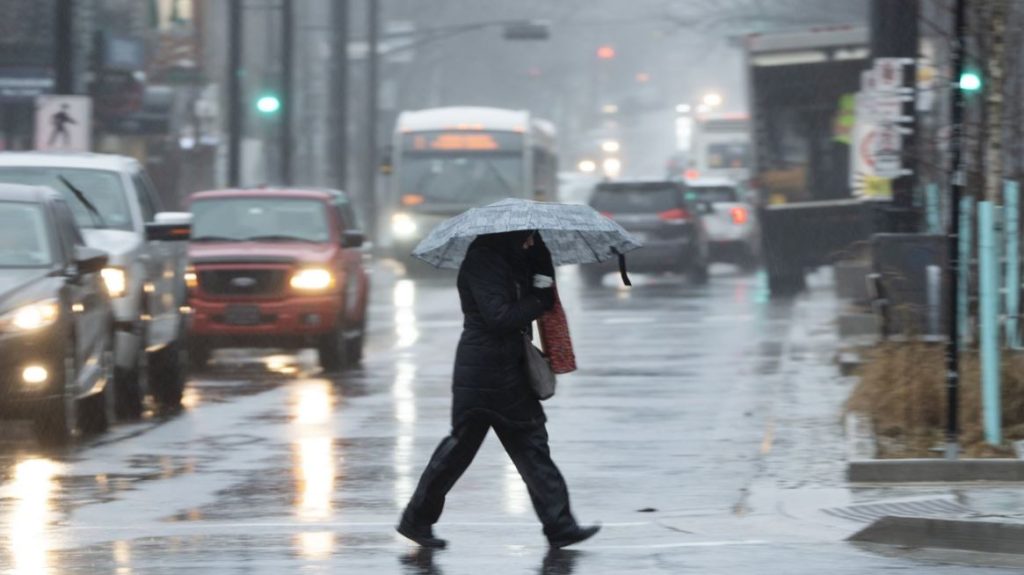RCMP committed to addressing rise in intimate partner violence: Chief superintendent

Posted Jan 16, 2025 05:30:00 AM.
Last Updated Jan 15, 2025 03:49:53 PM.
Amid a tragic stretch of violence against women in Nova Scotia, a top officer with the provincial RCMP says they are focused on finding solutions.
Six women have been killed by their partners in the province in the past three months: Brenda Tatlock-Burke, on Oct. 18, one in Yarmouth, N.S., one occurred in suburban Halifax, a 22-year-old woman from Centreville, N.S. burned in a fire, Cora-Lee Smith, 40, (and her father) on New Year’s Eve and recently on Jan. 5, Elaine Mosher of Mahone Bay, N.S.
“I’ve been in the province here for the past 18 years with the RCMP, and during those 18 years I’ve never seen this level of violence or number of deaths in such a short time frame,” said Chief Supt. Dan Morrow, officer in charge of criminal operations for the Nova Scotia RCMP.
He said the RCMP has made a number of policy changes on the issue since the Mass Casualty Commission released its final report in 2023, including strengthening relationships with advocacy organizations devoted to addressing the root causes of intimate partner violence (IPV).
Another change is that the RCMP now actively names initmate partner violence causing death in its public reports, a move Morrow says was requested by advocates.
“It’s an attempt to reduce the stigma associated to IPV-related occurances and reaching out to the police to seek help,” he said.
According to the federal government’s website, five years ago 80 per cent of people who experienced IPV did not report it to the police.
Morrow says the low level of reporting often means survivors have experienced many traumatic experiences before choosing to go to the police.
“So our officers approach the situation recognizing this, trying to provide a safe space for the person to feel comfortable to provide the details that are necessary for the police to go forward with the criminal investigation and support that person as best as possible,” Morrow said.
Advocates say more needs to be done
On Tuesday, two Nova Scotia ministers, including the justice minister, met with advocacy organizations to reaffirm a commitment to supporting survivors and addressing the root causes of IPV.
That meeting followed recent statements from community organizations on the issue, including Adsum for Women and Children, which said last week that the province’s move in September to declare IPV an epidemic in Nova Scotia must be met with epidemic-level resources for organizations focused on providing support and finding solutions.
Kristina Fifield, a social worker and trauma therapist, was among the signatories of an open letter sent, as more than a dozen groups working in the area of gender-based violence called for urgent government action. They want the province to take immediate steps to address and prevent intimate partner violence amid what they call “an alarming increase” in violence.
The government has noted that in its last budget it added an additional $7.1 million in annual core funding to transition houses and women’s centres — bringing their budgets up to a total of $16.9 million annually.

That came in response to the public inquiry into the mass shooting of 22 people in April 2020, which began with the perpetrator assaulting his partner. One of the inquiry’s recommendations was for the province to ensure women had “paths to safety” when threatened by abusers.
However, Fifield said the initial funding falls far short of what’s needed and hasn’t begun to address the need to increase resources for men’s treatment programs.
She also said it is important for police to provide names of killers and victims — when victims’ families are willing to share them — to help widen the public discussion about domestic violence.
“People don’t want to talk about this … and that’s why we need to continue talking about this … That’s part of the cultural shift that is needed,” she said.
Morrow says the RCMP will continue its work with advocates as well as implementing recommendations from the Mass Casualty Commission.
“We are a continuous learning organization,” Morrow said. “As part of those meetings with external stakeholders and the department of justice for Nova Scotia, we are committed to looking for best avenues forward to tackle this issue together.”
With files from The Canadian Press’ Michael Tutton.








